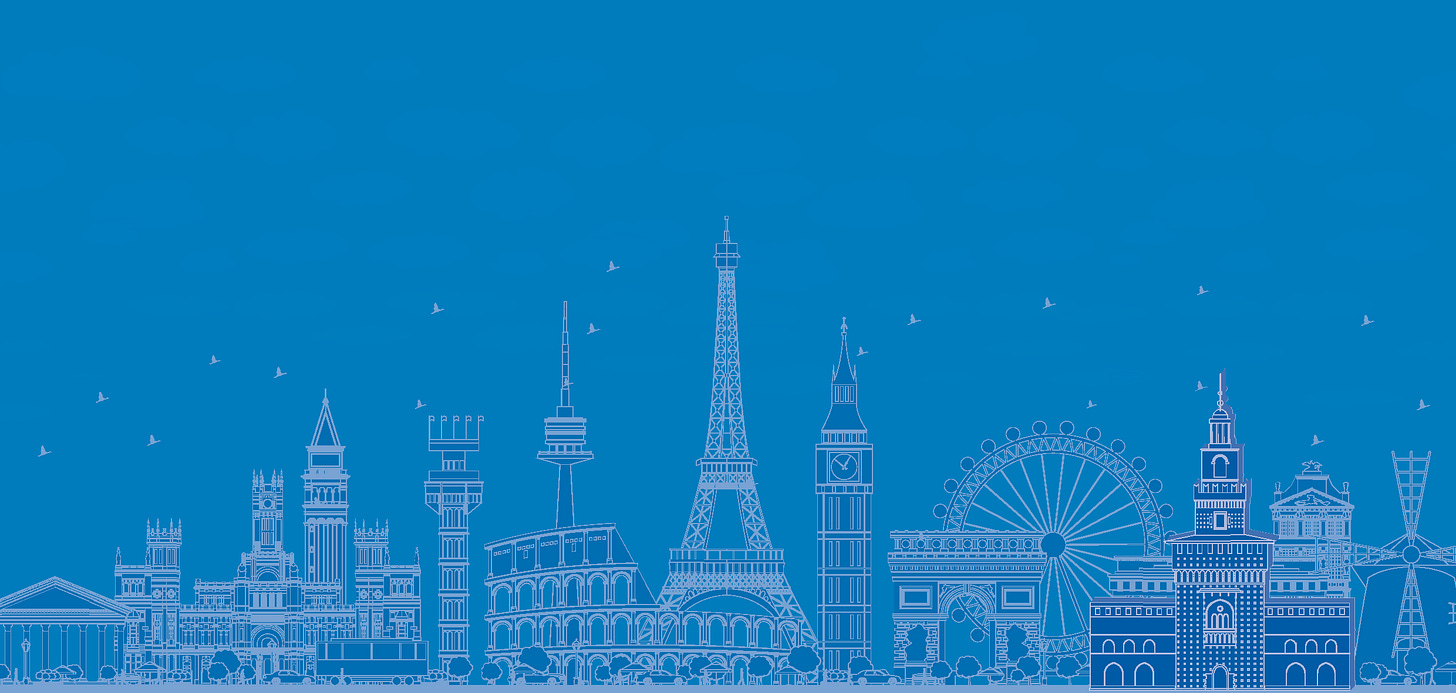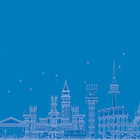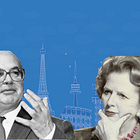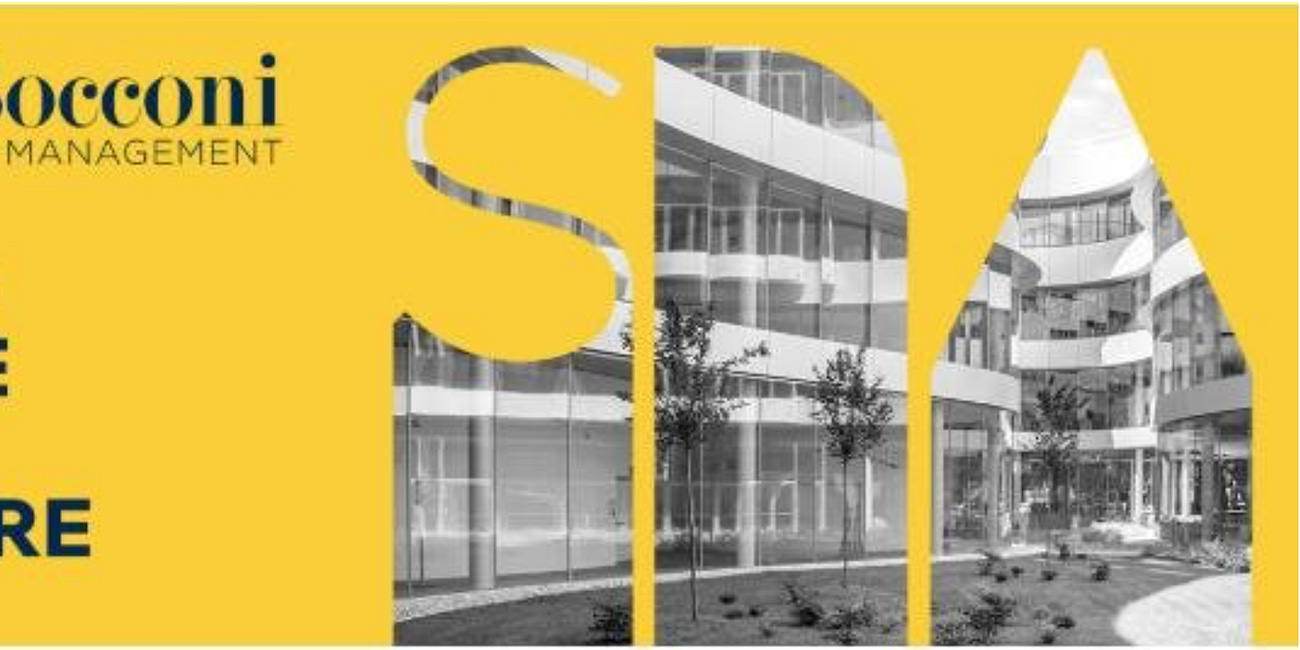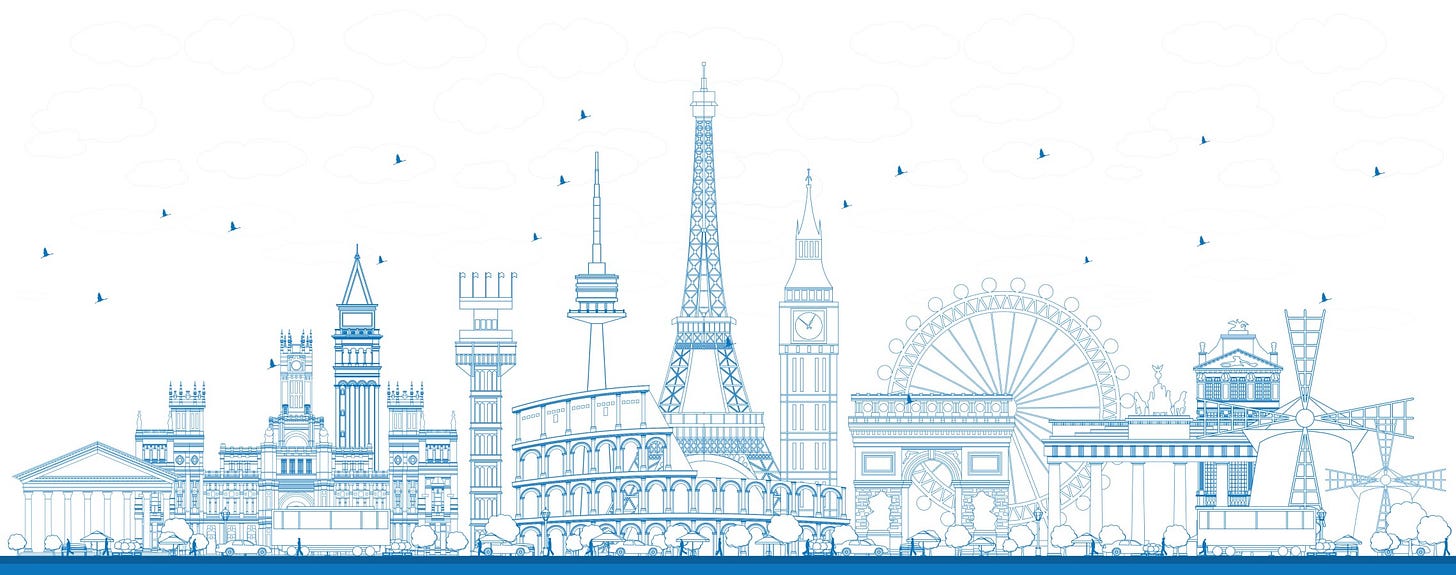The 1985 Milan European Council and the Shift Toward Political Union
When a meeting in Italy changed Europe: the new IEP@BU Annual Event: Wednesday, June 11, 2025, in Milan
With the benefit of hindsight, the 1985 European Council can be recognised as a historic moment, rich in both symbolic and concrete significance — the beginning of a new season in European integration. At that juncture, Italy clearly demonstrated both the ability and the will to exercise true leadership at the European level
In the final weekend of June 1985, the leaders of the then ten-member European Economic Community gathered in Milan. The venue was the magnificent and symbolically rich Castello Sforzesco, where Leonardo da Vinci – one of Europe’s quintessential polymaths – had worked for more than two decades.
Ostensibly, the occasion was routine: the ceremonial conclusion of Italy’s six-month rotating presidency of the Council. But what unfolded would mark a decisive shift in the trajectory of European integration.
The Milan summit laid the institutional foundations for what would become the Single European Act, the precursor to today’s European Union. Two guests at the summit – Spain’s Felipe González and Portugal’s Mário Soares – attended as observers. Their presence, following the signing of accession treaties weeks earlier, was a clear signal: the EEC was no longer just a market, but a supranational space committed to liberal democracy.
The political makeup of the Community at the time was broadly liberal and centre-left, with Christian Democratic governments in Germany, Belgium, and the Netherlands, and Socialist or Socialist-Liberal coalitions in France, Italy, Greece, and Luxembourg.
Only Denmark and the UK stood firmly on the conservative side. In that context, the Milan Council became a stage for competing visions: one of a politically united Europe, and one more concerned with preserving national sovereignty.
For Italy, the summit offered a timely chance to reclaim influence in Europe. Domestically, the country had made significant strides: inflation had dropped from 21% in 1980 to just over 4% in 1985; its trade deficit was contained; and its export-driven industrial districts were gaining global recognition. Italy’s per capita GDP was nearing that of the UK, and while still behind France and Germany, Rome was regaining credibility as a serious European actor.
The Craxi government, with Giulio Andreotti at the foreign ministry, viewed European integration as a lever to enhance Italy’s geopolitical relevance. Their vision aligned with that of Commission President Jacques Delors and many other European leaders: a more cohesive Europe, built not only on market logic but on common institutions.
Two key reports framed the summit’s agenda. The Delors Report aimed at deepening the internal market, while the Dooge Report went further, proposing the convocation of an intergovernmental conference (IGC) to revise the Treaties of Rome and pave the way for political union.
It was the latter that generated controversy – especially from the United Kingdom. Prime Minister Margaret Thatcher firmly opposed any move toward shared sovereignty.
Faced with a stalemate, Craxi broke with the traditional demand for unanimity. Citing Article 236 of the Treaty of Rome, he called for a vote. With seven out of ten members – including France and Germany – supporting the proposal, the IGC was approved, despite British objections. The meeting was set for September 1985 and would lead to the Single European Act in 1986.
Italy emerged from the summit with its international image significantly enhanced. Not only had the Italian presidency skillfully managed tensions among European partners, but it had also successfully revived institutional integration, playing a decisive role in overcoming a period of stagnation.
Craxi had proven to be a determined and strategically effective leader; Andreotti, for his part, had ensured continuity, balance, and recognizability in European multilateral diplomacy.
This combination of vision and pragmatism was central to reviving the idea of a more politically cohesive Europe.
The convening of the Intergovernmental Conference in September — which would pave the way for the 1986 Single European Act — represented a success not only for Italy, but for the European project as a whole.
Ultimately, the event marked the moment when Europe began to move beyond a purely economic dimension, entering a more ambitious institutional phase. The push towards a European Union with political prerogatives, a distinct identity, and institutions capable of exercising shared sovereignty found in that summit a turning point.
With the benefit of hindsight, the 1985 European Council can be recognised as a historic moment, rich in both symbolic and concrete significance — the beginning of a new season in European integration.
At that juncture, Italy clearly demonstrated both the ability and the will to exercise true leadership at the European level.
IEP@BU does not express opinions of its own. The opinions expressed in this publication are those of the authors. Any errors or omissions are the responsibility of the authors.
The IEP@BU Annual Event
To mark the 40th anniversary of the June 1985 European Council, the Institute for European Policymaking will hold its annual event on 11 June at Milan’s Castello Sforzesco, under the title A Bolder European Union: Today’s challenges in the spirit of the 1985 Milan European Council
🗓️ Wednesday, June 11, 2025
⏰ 16:00 – 18:00
📍 Castello Sforzesco – Sala della Balla, Piazza Castello, Milano
PLEASE, REGISTER HERE
SPEAKERS
Francesco BILLARI Rector, Bocconi University
Marta CARTABIA Full Professor of Italian and European Constitutional Law, Bocconi University
Étienne DAVIGNON President | Presidente, Friends of Europe
Catherine DE VRIES President, IEP@BU
Sylvie GOULARD Vice President, IEP@BU
Enrico LETTA Dean, IE School of Politics, Economics & Global Affairs
Mario MONTI Honorary President, IEP@BU
Teresa RIBERA Executive Vice President of the European Commission
Giuseppe SALA Mayor of Milano
CHAIR |
Stefano FELTRI Communication Advisor, IEP@BU
🗓️ Wednesday, June 11, 2025
⏰ 16:00 – 18:00
📍 Castello Sforzesco – Sala della Balla, Piazza Castello, Milano
PLEASE, REGISTER HERE
Read More Here:
Andrea Colli
As an historian, his research interests range from economic, business and global history subjects, included the history of international relations and geopolitics. He has published and edited several books and articles in several leading history journals. Currently he is doing research on the persistence of state capitalism in Europe and on the role of state-owned enterprises in European capitalism as instruments of governance. He is past president of the European Business History Association, and currently the President of ASSI, the Association of Italian Business Historians
Sustainability disclosure: red tape or strategic tool for the future of business?
SDA Bocconi - Via Sarfatti 10, Milano
The IEP@BU Mission
Founded by Bocconi University and Institute Javotte Bocconi, the Institute for European Policymaking @ Bocconi University combines the analytic rigor of a research institute, the policy impact of a think tank, and the facts-based effort of raising public opinion’s awareness about Europe through outreach activities. The Institute, fully interdisciplinary, intends to address the multi-fold obstacles that usually stand between the design of appropriate policies and their adoption, with particular attention to consensus building and effective enforcement.
The Institute’s mission is to conduct, debate, and disseminate high-quality research on the major policy issues facing Europe, and the EU in particular, its Member States and its citizens, in a rapidly changing world.
It is independent of any business or political influence.
The IEP@BU Management Council
Catherine De Vries, IEP@BU President
Daniel Gros, IEP@BU Director
Sylvie Goulard, IEP@BU vice-President, Professor of Practice in Global Affairs at SDA Bocconi School of Management
Silvia Colombo, IEP@BU Deputy Director
Carlo Altomonte, Associate Professor at Bocconi University and Associate Dean for Stakeholder Engagement Programs at SDA Bocconi School of Management
Arnstein Assve, Professor in Demography at Bocconi University
Valentina Bosetti, professor of Environmental and Climate Change Economics at Bocconi University
Elena Carletti, Dean for Research and Professor of Finance at Bocconi University
Eleanor Spaventa, Professor of European Union Law at Bocconi Law School






